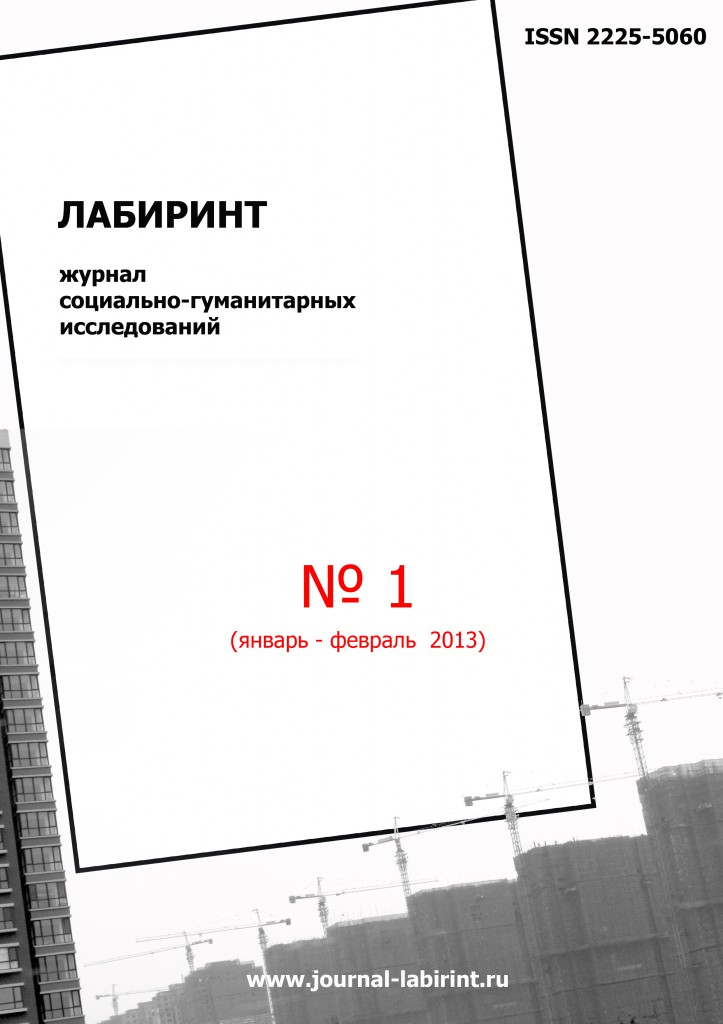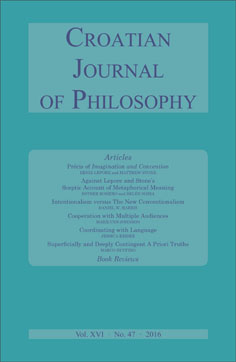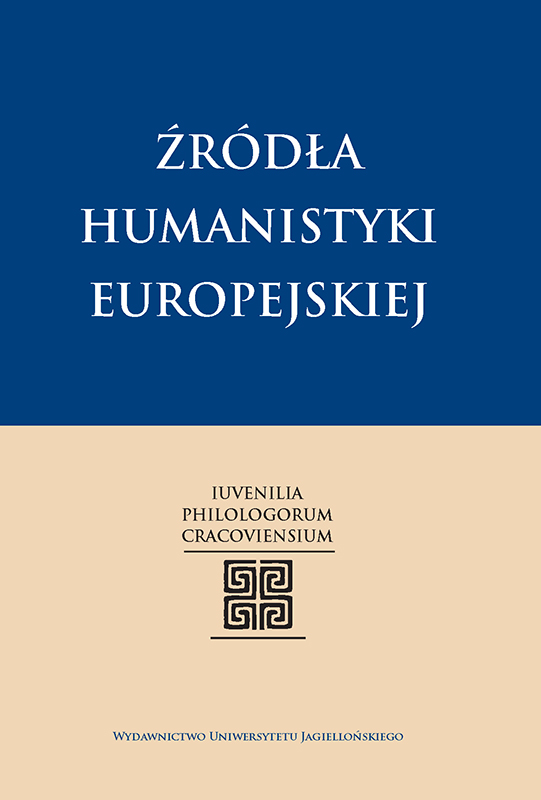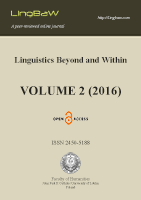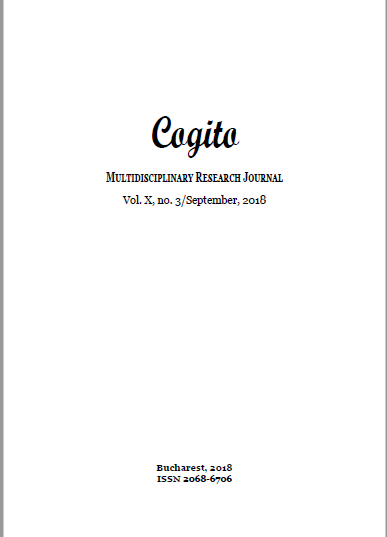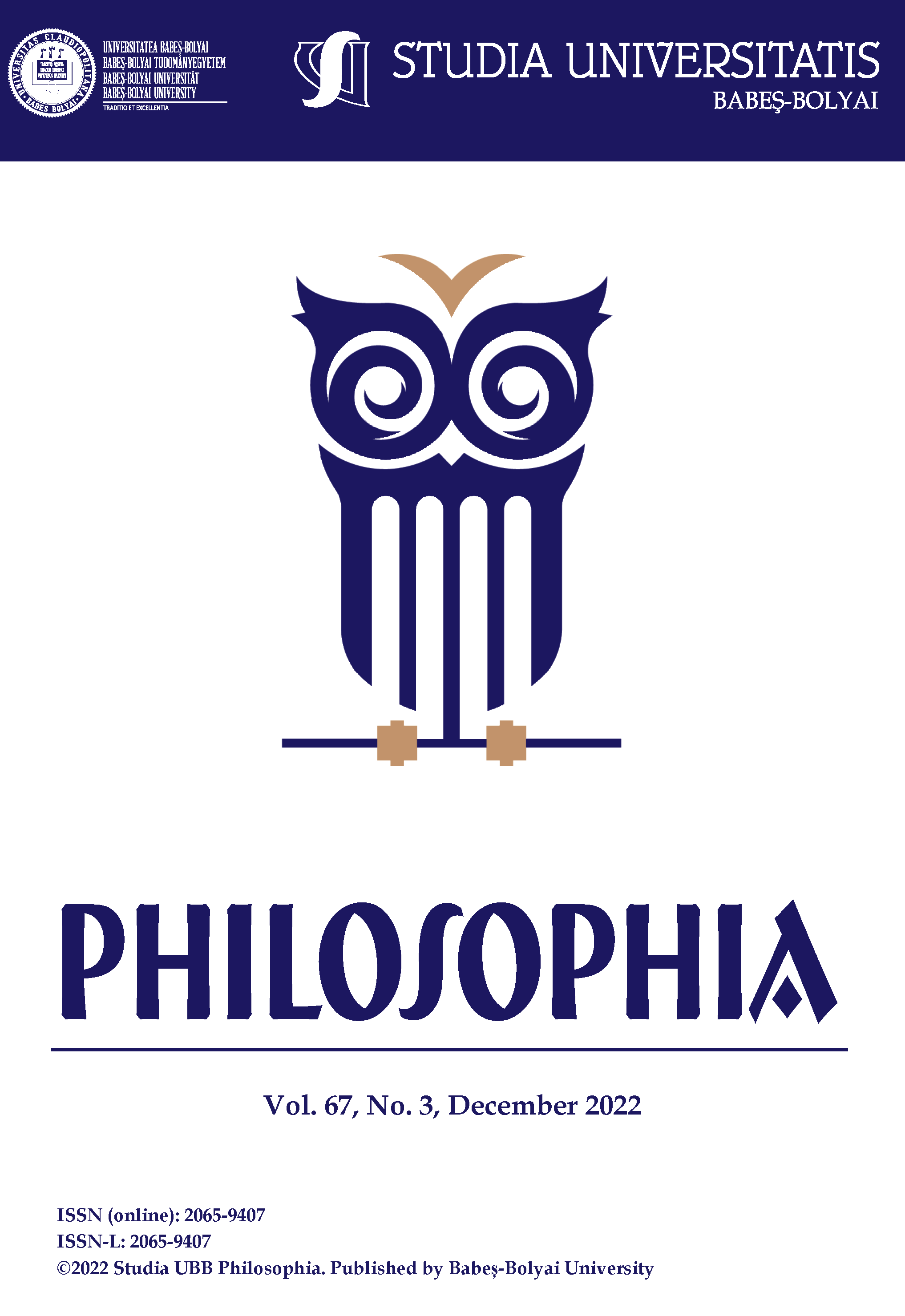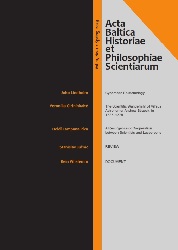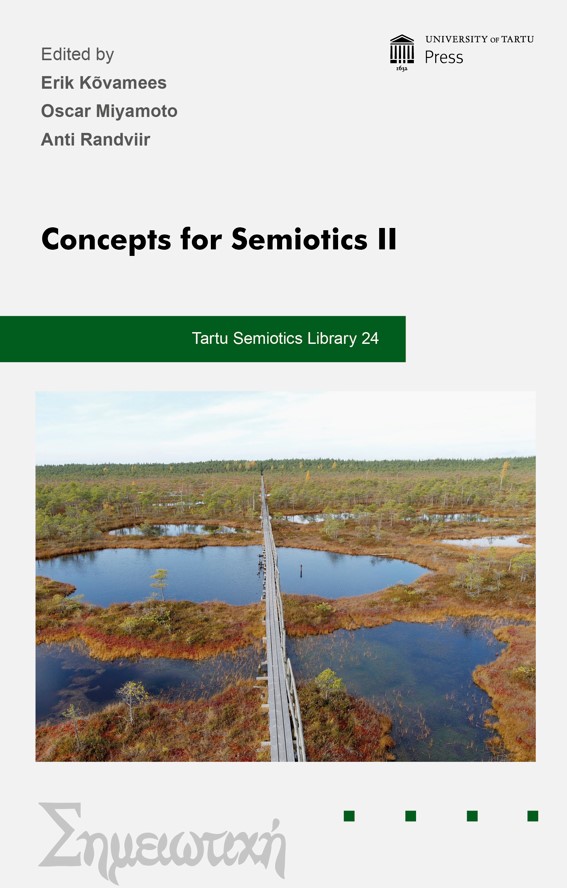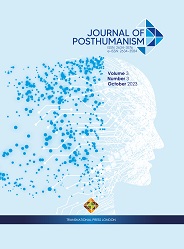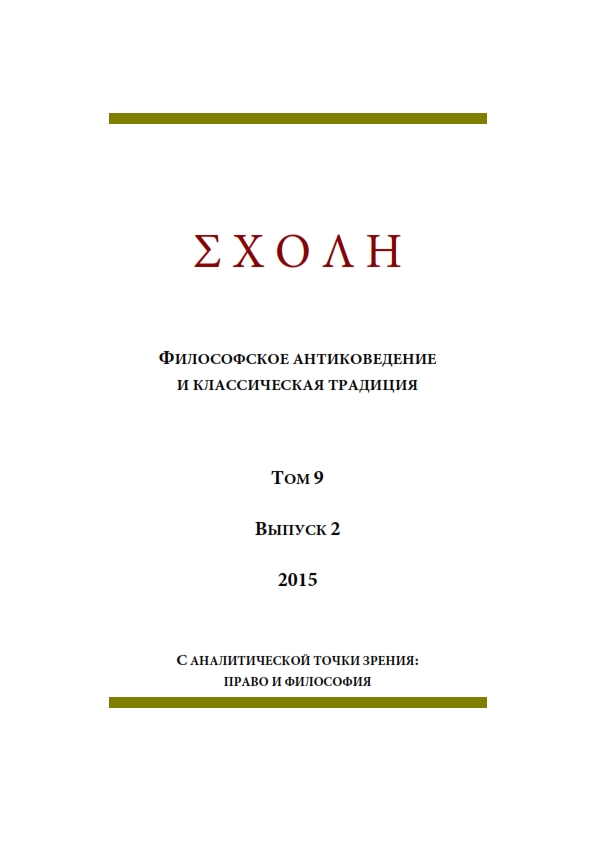
СПРАВЕДЛИВОСТЬ В СОВРЕМЕННОЙ СОЦИАЛЬНО-ФИЛОСОФСКОЙ ТЕОРИИ: КАК РАБОТАЕТ АРИСТОТЕЛЕВСКАЯ ИДЕЯ ПРАВОСУДНОСТИ?
The article presents the contemporary socio-philosophical edition of “justice” as the reception of Aristotelian ideas of the purposeful and equal distribution. Ways of a tematization of the “justice” in liberal-philosophical and hermeneutical tradition are analysed on the example of John Rawls and Riker’s positions. The methodological bases of the analysis and representation of this phenomenon are noted as continuations of logic of ancient topics of “justice”. The discourse of justice serves as an area of categorization of duties and obligations, and the sphere of social pragmatics. The authors believe that the specifics of the position proposed by J. Rawls is that his theory of justice is an attempt of transcendental foundation of socialality. The transcendental apriori in Paul Ricoeur′s hermeneutics works differently. He postulates the importance of a peaceful life measurement. In the transcendental dimension justice perceives the source of moral prescriptions in the idea of the Other and manifest itself as an intentional object. In the domain of law justice corresponds to legal prescriptions and application of the rights makes “justice” – in the spirit of Aristotle – the predicate of a specific legal decision.
More...
